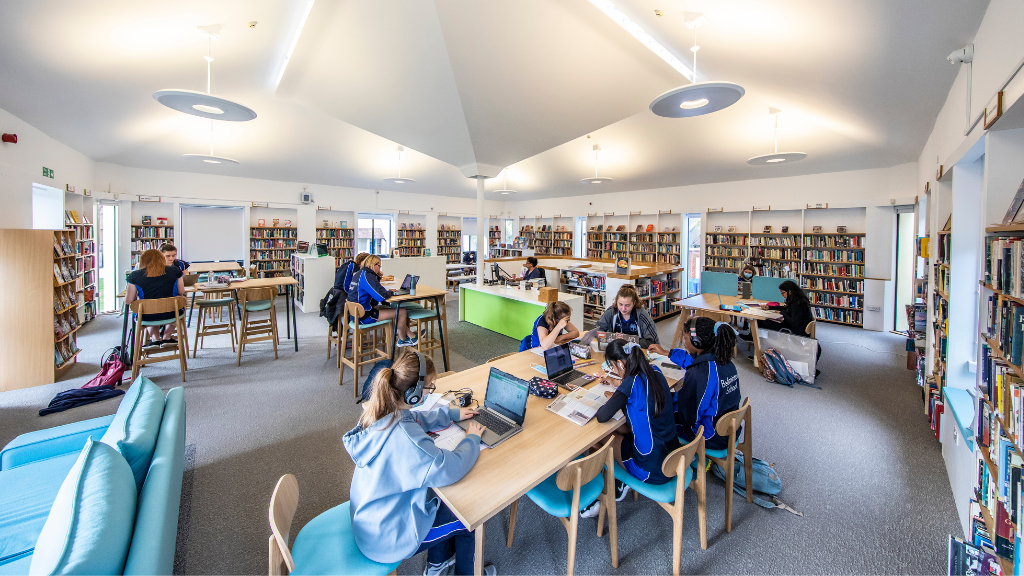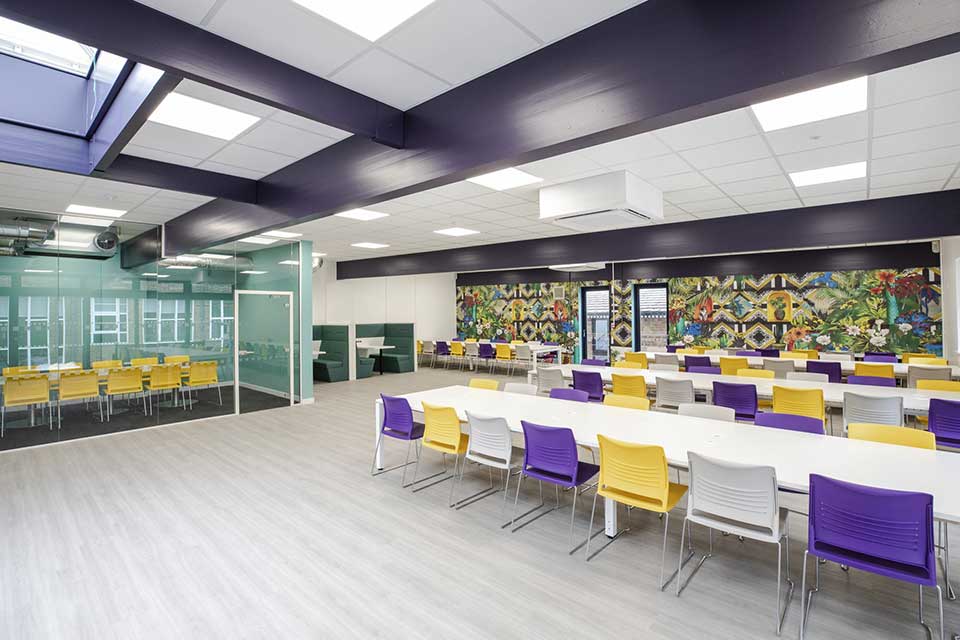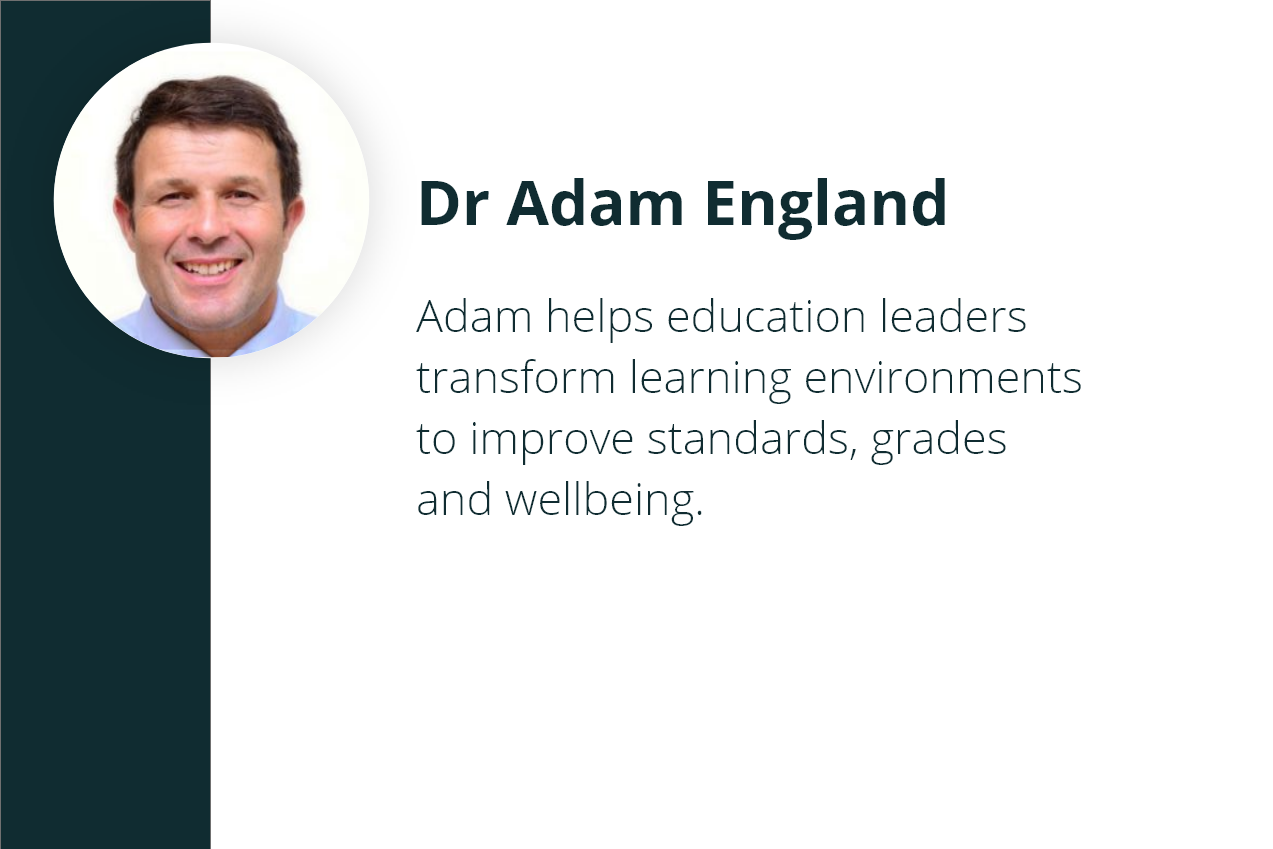Creating A Project Based Curriculum For Independent Schools: Strategies And Best Practices

Independent schools are well placed to deliver project-based curriculums. Smaller group sizes and a range of learning zones within schools give students fantastic opportunities to benefit from a teaching strategy that develops students’ learning. How can you put an effective project-based curriculum in place in your school?
Connection with the real world
Independent schools benefit from links with their community, local businesses, guest speakers, trips out and so much more that lies beyond the classroom walls. Cultivate these and your students will reap the rewards with a deeper understanding of how the world works outside your school. Inspirational speakers will raise interest; collaborative working with businesses gives students motivation and recognise the importance of professionalism.

Learn by Experience
- Experiential learning gives students the chance to learn whilst actively participating which increases retention and remembering facts; these are key to project based learning activities. It can be more time consuming but the benefits are substantial and long term.
Team Building and Collaboration
Working together and openly communicating are central to project-based learning. Listening to peers, putting forward one’s own opinion, accepting feedback and honest evaluation are all tools to make collaborative working a strong foundation in your classroom.

Focus on the Question
At the heart of a project-based curriculum is the set task question. Students should keep this in mind – creative thinking is to be welcomed, encourage them to see the main points from a number of angles for a broader viewpoint and better in-depth understanding.
Challenge the Problem
Students not only have to understand the question, but ensure that they can put together a challenge to query what information they have been given. Where has the information come from? Who has provided it? Is there a reason that it may be in a certain format? Whatever the project, all of this and more should be considered to ensure the best and most thought through outcome.

Grouping or Differentiation?
How do your students split off into groups? Do they choose who to sit with, or are they differentiated by ability or skills? Collaboration between students can reap great rewards; whether they choose their own social zones or not, group work – possibly with differentiated instructions – tends to be very successful in project-based activities.
Reflection and Evaluation
Progress reflection and evaluation is a fantastic learning tool for students. Often the first time they have been able to properly assess their peers’ choices and take an authentic look into their own, students of all ages find project critique and discussion valuable.

Your teachers benefit too…
Teachers gain learned experience from a formative, real time assessment which can incorporate a range of classroom technology and advanced digital programmes.
Our educational consultants at Noble and Eaton can support your school with key strategies and best practices on the benefits of project-based learning. For more details please call us today.




Leave a Reply